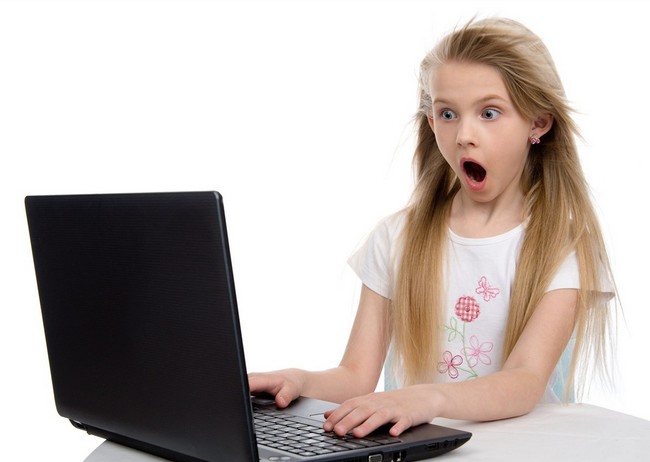UK Government launches major new drive on internet safety.
 Gov.UK 27 February 2017
Gov.UK 27 February 2017
Family First Comment: This would be a great outcome from an expert panel investigation in NZ!
“The work is expected to centre on four main priorities: how to help young people help themselves; helping parents face up the dangers and discuss them with children; industry’s responsibilities to society; and how technology can help provide solutions. The focus will be on preventing children and young people from harm online and making the internet a safer place.”
- UK to be safest place in the world for young people to go online
- Parents now more concerned about their children sexting than drinking or smoking
Ministers have begun work on a new Internet Safety Strategy aimed at making Britain the safest country in the world for children and young people to be online.
Culture Secretary Karen Bradley is leading the new cross-Government drive on behalf of the Prime Minister – with a green paper expected in the summer.
A report has been commissioned to provide up to date evidence of how young people are using the internet, the dangers they face, and the gaps that exist in keeping them safe. Sonia Livingstone is leading this work together with Professor Julia Davidson and Dr Jo Bryce, on behalf of the UK’s Council for Child Internet Safety (UKCCIS) Evidence Group.
Ministers will also hold a series of round tables in the coming weeks with social media companies, technology firms, young people, charities and mental health experts to examine online risks and how to tackle them.
The work is expected to centre on four main priorities: how to help young people help themselves; helping parents face up the dangers and discuss them with children; industry’s responsibilities to society; and how technology can help provide solutions.
The focus will be on preventing children and young people from harm online and making the internet a safer place.
A recent poll found more parents were concerned about sexting than about their children drinking or smoking. The YouGov survey for the PSHE association showed 78% were either fairly or very concerned about sexting, compared to 69% who concerned about alcohol misuse and 67% who were concerned about smoking.
A study last year for the NSPCC and Children’s Commissioner found 13% of 11 to 16 year-olds reported that they had taken topless pictures of themselves and 3% had taken fully naked pictures of themselves.
More than one in 10 young people say they have been the victim of cyber bullying, and self-harm among children is on the rise amid evidence of a link between internet use and an increased risk of self harm.
READ MORE: https://www.gov.uk/government/news/government-launches-major-new-drive-on-internet-safety






